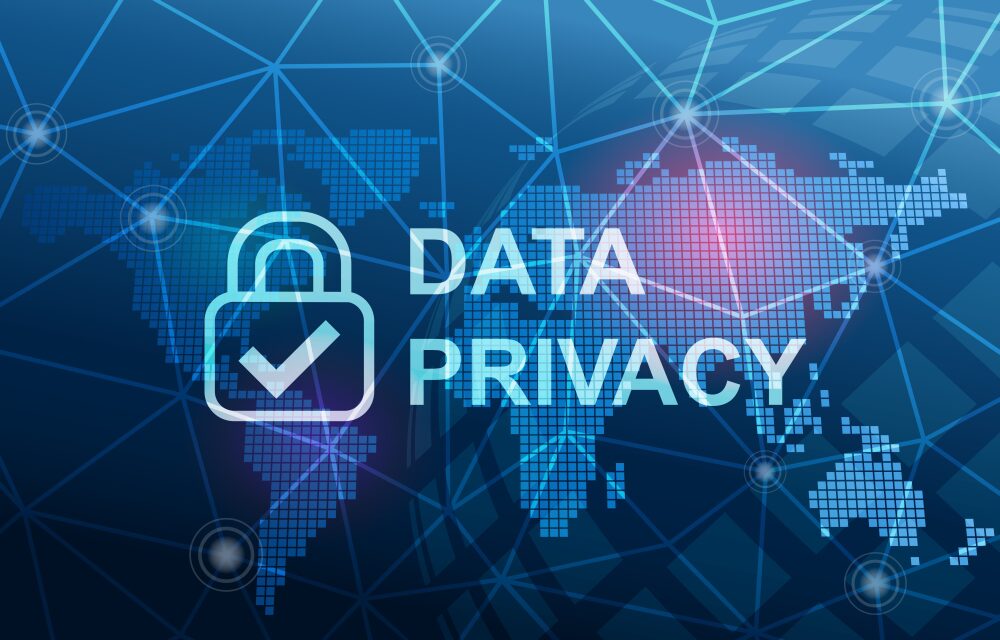
In our digitally-driven world, the convenience of scheduling apps has become integral to both personal and professional life. These apps, ranging from a calendar scheduling app to a meeting scheduler app, have simplified the way we organize our time.
However, with this convenience comes a crucial concern: the privacy and security of the data shared within these apps. As we increasingly rely on these digital tools, understanding and safeguarding the sensitive information they handle has never been more important.
Table of Contents
The Importance of Data Protection in Scheduling Apps
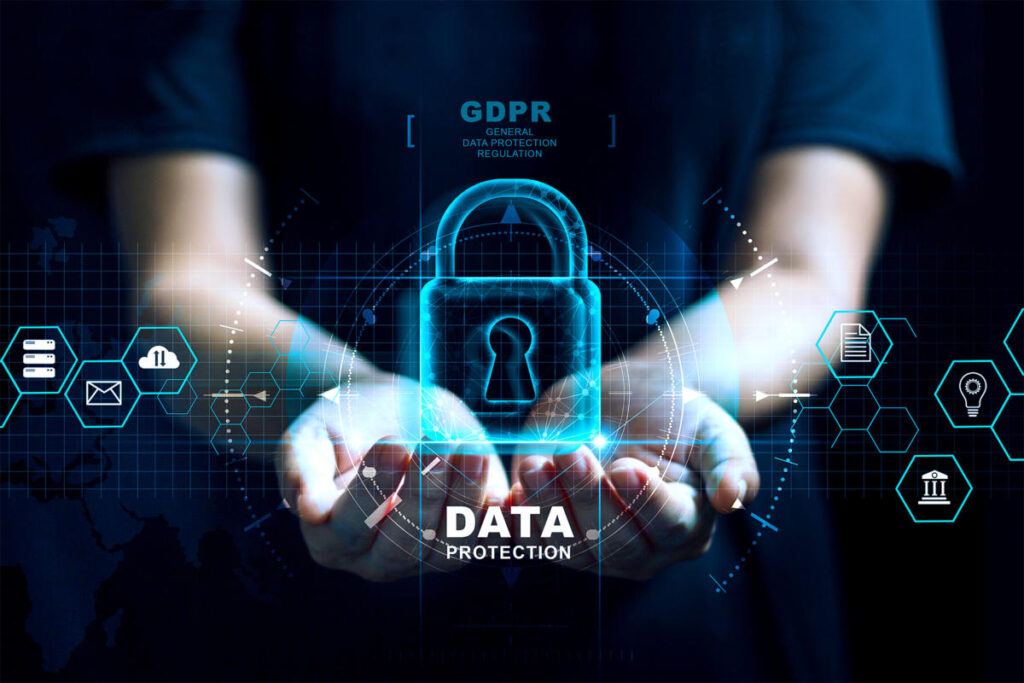
Source: kratikal.com
In the world of scheduling apps, the types of sensitive data handled are diverse and significant. These apps, integral for personal and business scheduling, manage an array of information that is often private and confidential. This data varies in nature and importance, necessitating robust security measures to ensure its protection. Sensitive data types in scheduling apps include:
- Personal Identifiers: Names, email addresses, phone numbers, and user credentials.
- Appointment Details: Specifics about dates, times, locations, and attendees.
- Business Information: Confidential meeting subjects, client details, and proprietary company data.
- Communication Logs: Messages and notes exchanged within the app.
The sensitive nature of this data underscores the necessity for stringent security protocols in scheduling apps. Whether it’s a basic calendar scheduling app or the best calendar app for business, safeguarding this information is paramount. Data protection not only preserves user privacy but also maintains the app’s integrity and trustworthiness, which are crucial for user retention and the app’s overall success.
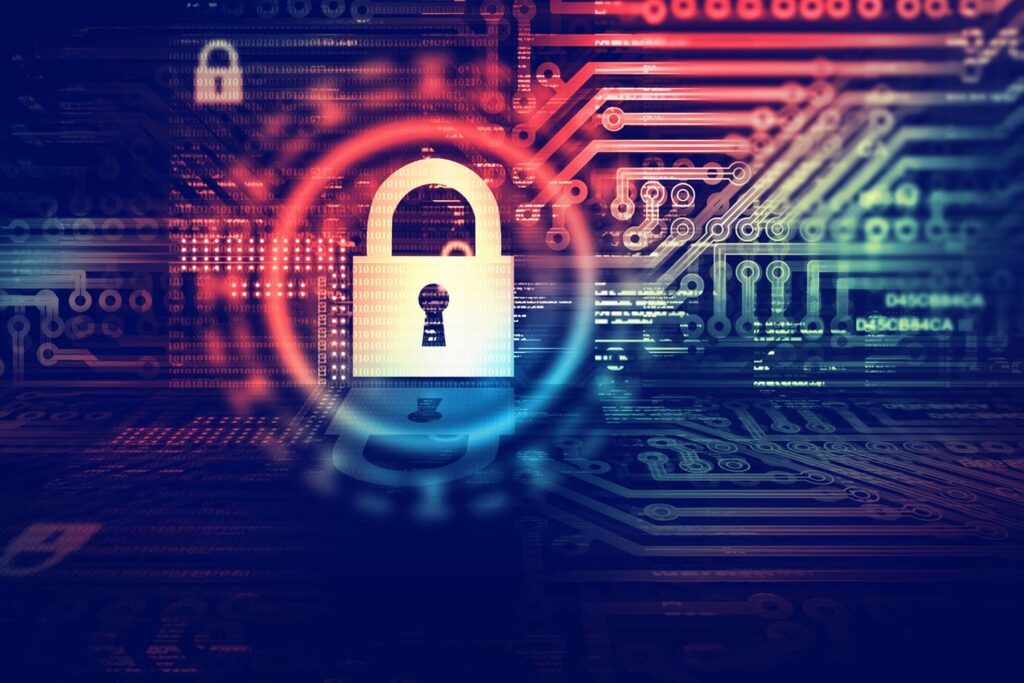
Source: navex.com
The consequences of data mismanagement in these apps can be severe. For individuals, it could mean a breach of privacy, leading to identity theft or financial loss. For businesses using a meeting schedule app or the best calendar scheduling app, the stakes are even higher.
A data breach can result in the loss of trade secrets, damage to client relationships, and a tarnished brand reputation. Furthermore, such incidents can lead to legal repercussions, especially if the breach involves customer data.
Data encryption is a fundamental security feature in any calendar app online. Encryption ensures that the data stored in the app is unreadable to anyone who does not have the key to decrypt it. This means that even if data is intercepted during transmission or accessed unlawfully, it remains protected. Encryption is not just a technical necessity but a critical component of user trust and confidence in the app’s security.
Legal implications and compliance requirements are another vital aspect of data protection in scheduling apps. Regulations like GDPR in the European Union and HIPAA in the United States set strict guidelines on how user data should be handled and protected.
Non-compliance can result in big fines and legal action. Therefore, developers of best scheduling apps must ensure that their products are not only secure but also compliant with these laws, which are designed to safeguard user privacy and data security.
Recognizing Threats to Privacy in Online Scheduling Tools
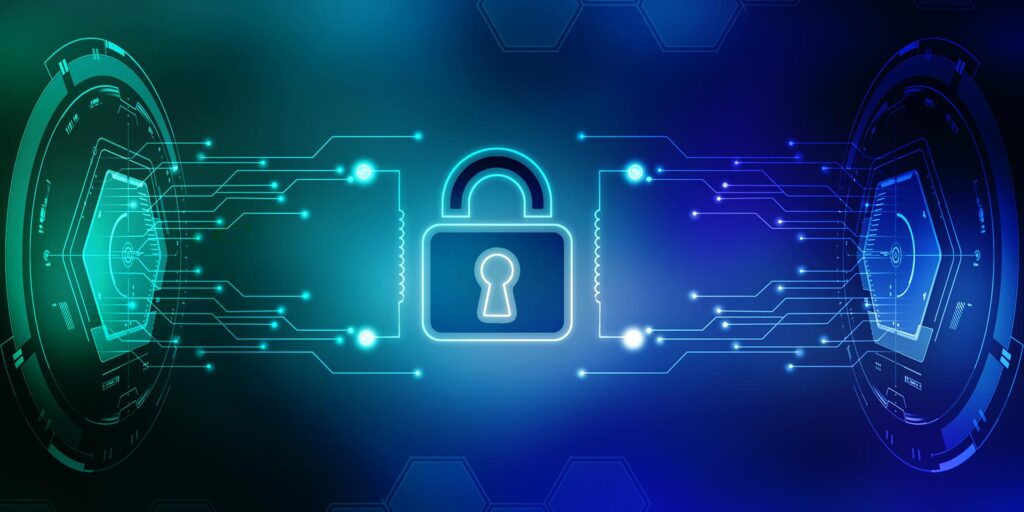
Source: justiceaction.org.au
Scheduling software, such as a meeting schedule app or a calendar scheduling app, can be susceptible to various security vulnerabilities. These might include weak authentication processes, inadequate data encryption, or flaws in software design. Hackers can exploit these weaknesses to gain unauthorized access to sensitive information. Therefore, developers must continuously monitor and update their security protocols to address these vulnerabilities.
Data breaches in scheduling apps can have far-reaching consequences. For users of the best scheduling app, a breach might mean exposure to personal information or confidential business details.
The impact extends beyond just data loss; it can lead to financial losses, identity theft, and erosion of user trust in the app. This could be due to weak passwords, phishing attacks, or security loopholes. Such access can lead to data manipulation, theft, or even complete system takeovers, making robust security measures essential for any calendar app online.
Phishing and social engineering tactics are increasingly being used to target users of scheduling apps. These deceptive practices trick users into divulging sensitive information, such as login credentials.
Users of apps like the meeting scheduler app and best calendar scheduling app need to be aware of these tactics and exercise caution, especially when handling unsolicited communications or suspicious requests within the app.
Implementing Encryption Methods for Scheduling App Security
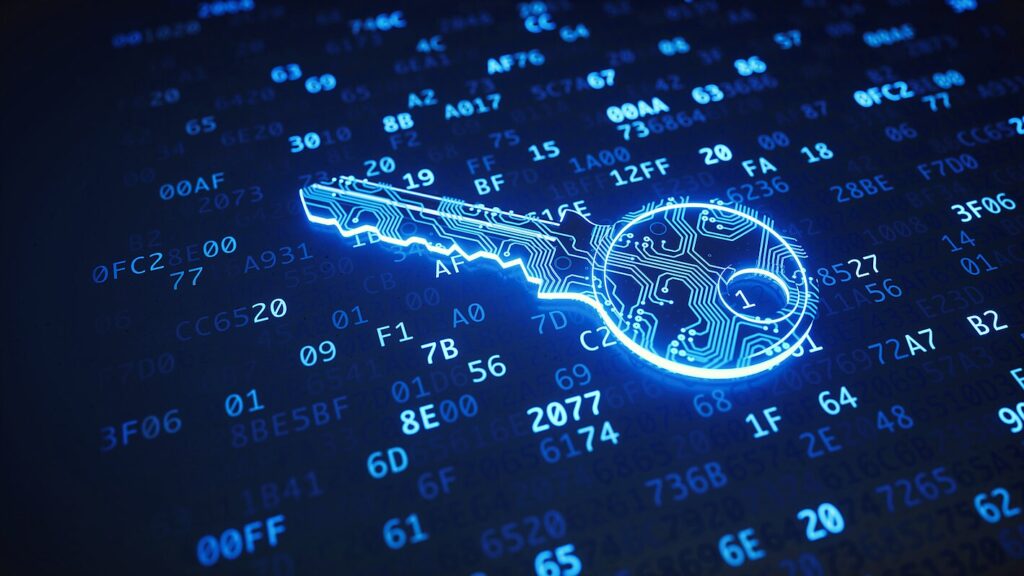
Source: cato.org
End-to-end encryption is a critical security feature for any scheduling app. This method ensures that data is encrypted from the moment it leaves the user’s device until it reaches its destination, making it unreadable to anyone intercepting it during transmission. For apps like a calendar scheduling app, this level of encryption safeguards user information, such as appointment details and personal data, from potential eavesdroppers or hackers.
Implementing Secure Socket Layer (SSL) encryption is a fundamental aspect of safeguarding scheduling apps against cyber threats. SSL encryption serves as a protective barrier, ensuring the security of data as it travels between the user’s device and the app’s server. Key benefits of SSL encryption include:
- Secure Data Transmission: Encrypts data during transit, preventing interception by unauthorized parties.
- Trust and Credibility: Instills confidence in users, enhancing the app’s credibility and trustworthiness.
- Protection Against Eavesdropping: Guards against eavesdropping, ensuring that sensitive information remains confidential.
- Compliance with Standards: Meets industry security standards, which is crucial for legal compliance and data protection.
The integration of SSL encryption in a meeting scheduler app or a best calendar scheduling app is not just about adhering to best practices; it’s about creating a secure and reliable environment for users. By encrypting data in transit, SSL not only protects sensitive information but also reinforces the app.
The Advanced Encryption Standard (AES) is widely used in the industry for securing data. Its application in scheduling apps is vital for protecting stored data from unauthorized access. AES encryption is known for its robustness and is used to secure sensitive information in a calendar app online, making it almost impenetrable for hackers.
Regular security updates and patch management play a crucial role in maintaining the security of the best scheduling app. These updates ensure that any identified vulnerabilities are quickly addressed, keeping the app secure against evolving cyber threats. It is essential for developers to constantly monitor, update, and fortify their apps to protect against new types of attacks and ensure the safety of user data.
The Role of Two-Factor Authentication in Scheduling Applications
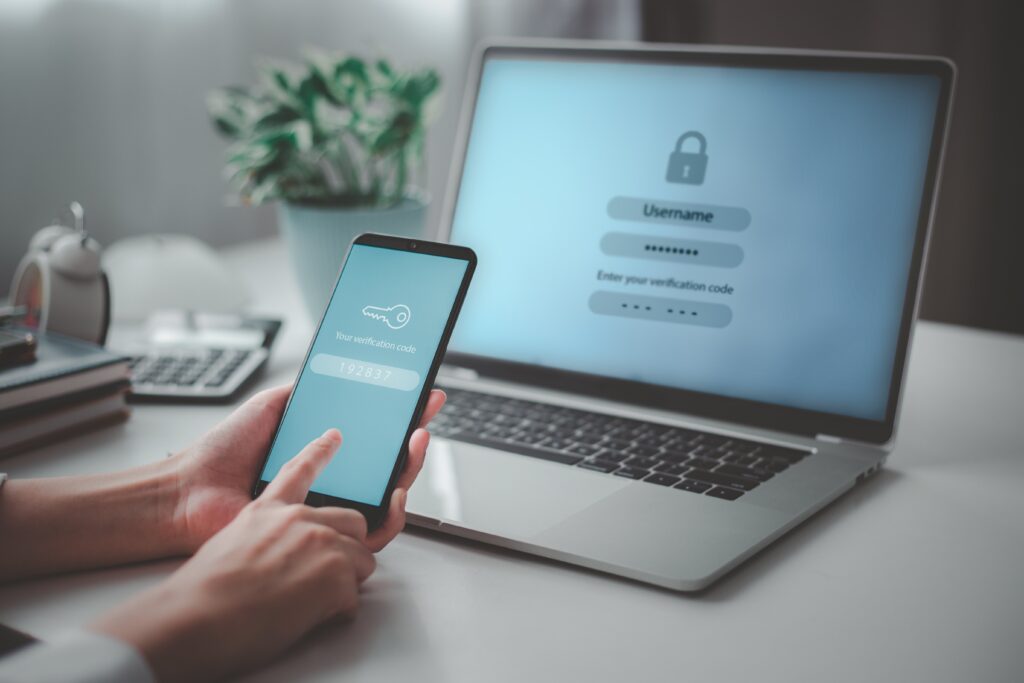
Source: getmulberry.com
Two-factor authentication works by requiring two different forms of verification before granting access to the app. Typically, this involves something the user knows (like a password) and something the user has (like a mobile device). When logging into a meeting scheduler app, for instance, after entering the password, the user might receive a code via SMS or email that must be entered to gain access.
Incorporating 2FA into the user experience of a calendar app online requires a balance between security and convenience. While it’s crucial for protecting user data, it’s also important to ensure that the process is user-friendly and doesn’t become a hindrance. Thoughtful implementation of 2FA, with clear instructions and a seamless process, can enhance security without compromising on ease of use.
The future of privacy and security in scheduling apps appears to be one of continuous adaptation and innovation. As cyber threats evolve, so too must the security measures in apps like calendar scheduling apps and meeting scheduler apps.
We can expect to see more advanced encryption methods, smarter authentication processes, and an overall increased emphasis on security in design and functionality. As we embrace the convenience of digital scheduling, let’s also champion the cause of robust security, creating a safer digital environment for everyone.







